Backstage with Angela Hewitt
![]() Angela Hewitt, one of the world’s leading concert pianists, appears in recital and as soloist with major orchestras throughout Europe, the Americas, Australia, and Asia. Her interpretations of the music of J.S. Bach have established her as one of the composer’s foremost interpreters of our time. Her latest Australian tour takes in Adelaide, Melbourne, Bendigo, and Sydney, from 9 to 15 October.
Angela Hewitt, one of the world’s leading concert pianists, appears in recital and as soloist with major orchestras throughout Europe, the Americas, Australia, and Asia. Her interpretations of the music of J.S. Bach have established her as one of the composer’s foremost interpreters of our time. Her latest Australian tour takes in Adelaide, Melbourne, Bendigo, and Sydney, from 9 to 15 October.
What was the first performance that made a deep impression on you?
I heard the Russian pianist Emil Gilels play when I was five years old in my hometown of Ottawa, Canada, and I can still remember seeing him on stage. After the concert, I was taken to his dressing room to get his autograph. I have it to this day.
When did you realise that you wanted to be an artist yourself?
I was always doing ‘artistic’ things. I started classical ballet at the same time as piano, age three, and loved dancing. I did it for twenty years. I also played violin and recorder, sang, did Scottish dancing. But when I was fifteen years old and started lessons with Jean-Paul Sevilla, a French pianist who came to Canada from Paris, I realised the piano was what I must do full time, because the repertoire for the instrument interested me enormously and it was what I did best.
What’s the most brilliant individual performance you have ever seen?
I heard the great Spanish pianist Alicia de Larrocha play the complete Iberia by Albéniz in one recital – actually twice: once in Toronto and once in Paris. Unforgettable. And it’s fantastic music.
Name three performers (present-day or historical) you would like to work with?
Well ‘historical’ performers, you know … they’re dead! Of course, it wouldn’t be bad to play with Bach, Mozart, or Beethoven.
Do you have a favourite song?
The pieces I play in concert are not really called ‘songs’. But I do love playing Bach’s Goldberg Variations (eighty-two minutes non-stop). In 2025, I celebrate fifty years of performing this work, of which I never tire. It’s glorious music and perhaps the most moving piece of all.
Your favourite play or opera?
Anything by Mozart.
How do you regard the audience?
As my friends. It’s important to me to meet people in the lobby following a concert. I always treat them with the greatest respect and gratitude.
What’s your favourite theatre or concert hall?
The fifteenth-century courtyard of the Castle of the Knights of Malta in Magione, Umbria, Italy where I give concerts during my Trasimeno Music Festival each summer. It’s magical.
Do you read your own reviews?
The ones that pop up on my computer, yes. Most of them. Not all anymore. Mind you, nowadays there are very few. One looks more at the comments on Facebook, Instagram, or Twitter. Sad, really.
What’s the best thing government could do for artists?
Make musical education available for all from childhood.
What advice would you give an aspiring artist?
Work hard. Be disciplined. And enjoy it! Communicate to your audience when you play.
What’s the best advice you have ever received?
Always make your own decisions.
What’s your next project or performance?
I play in London’s Wigmore Hall on 24 September. The first half is Scarlatti and Bach – different pieces from the ones I present in Australia. In the second half, I play Brahms’s monumental Sonata in F minor, Op. 5 – again, a different work from the one audiences will hear on my Australian tour in October. I always have so much repertoire to work on. It takes hours and hours of practice to learn and keep in shape. People have no idea!

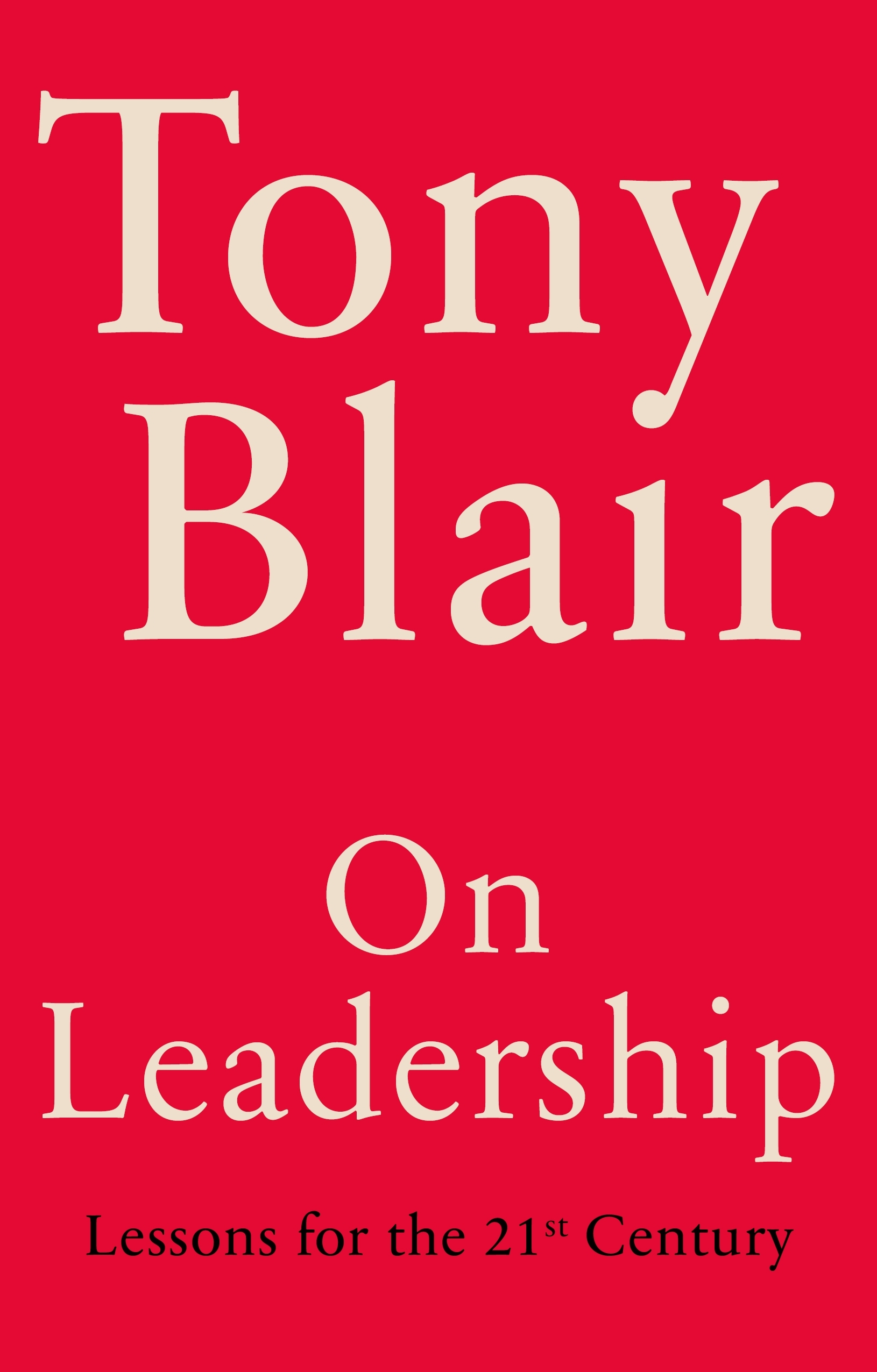
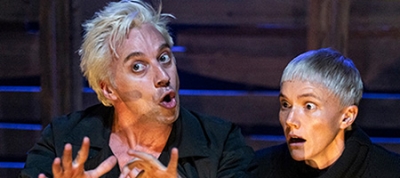
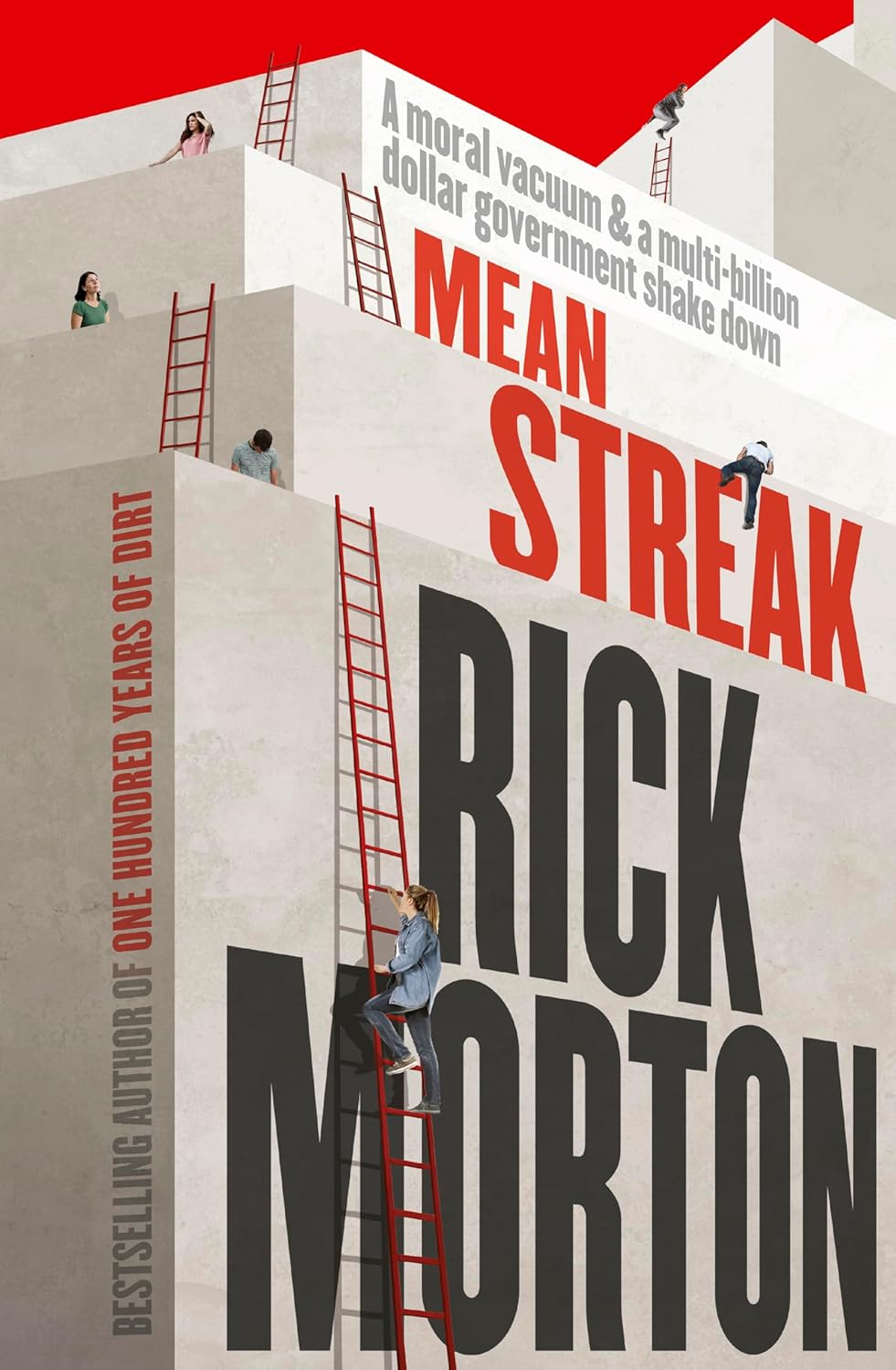
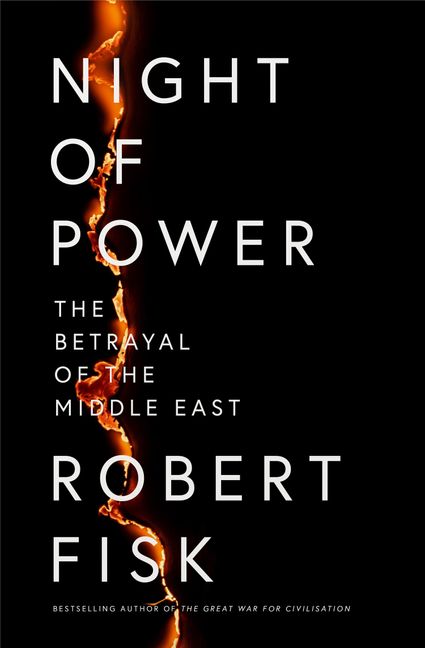


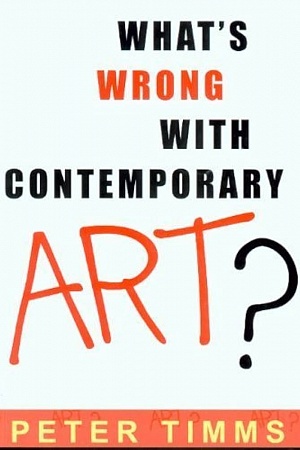

Leave a comment
If you are an ABR subscriber, you will need to sign in to post a comment.
If you have forgotten your sign in details, or if you receive an error message when trying to submit your comment, please email your comment (and the name of the article to which it relates) to ABR Comments. We will review your comment and, subject to approval, we will post it under your name.
Please note that all comments must be approved by ABR and comply with our Terms & Conditions.